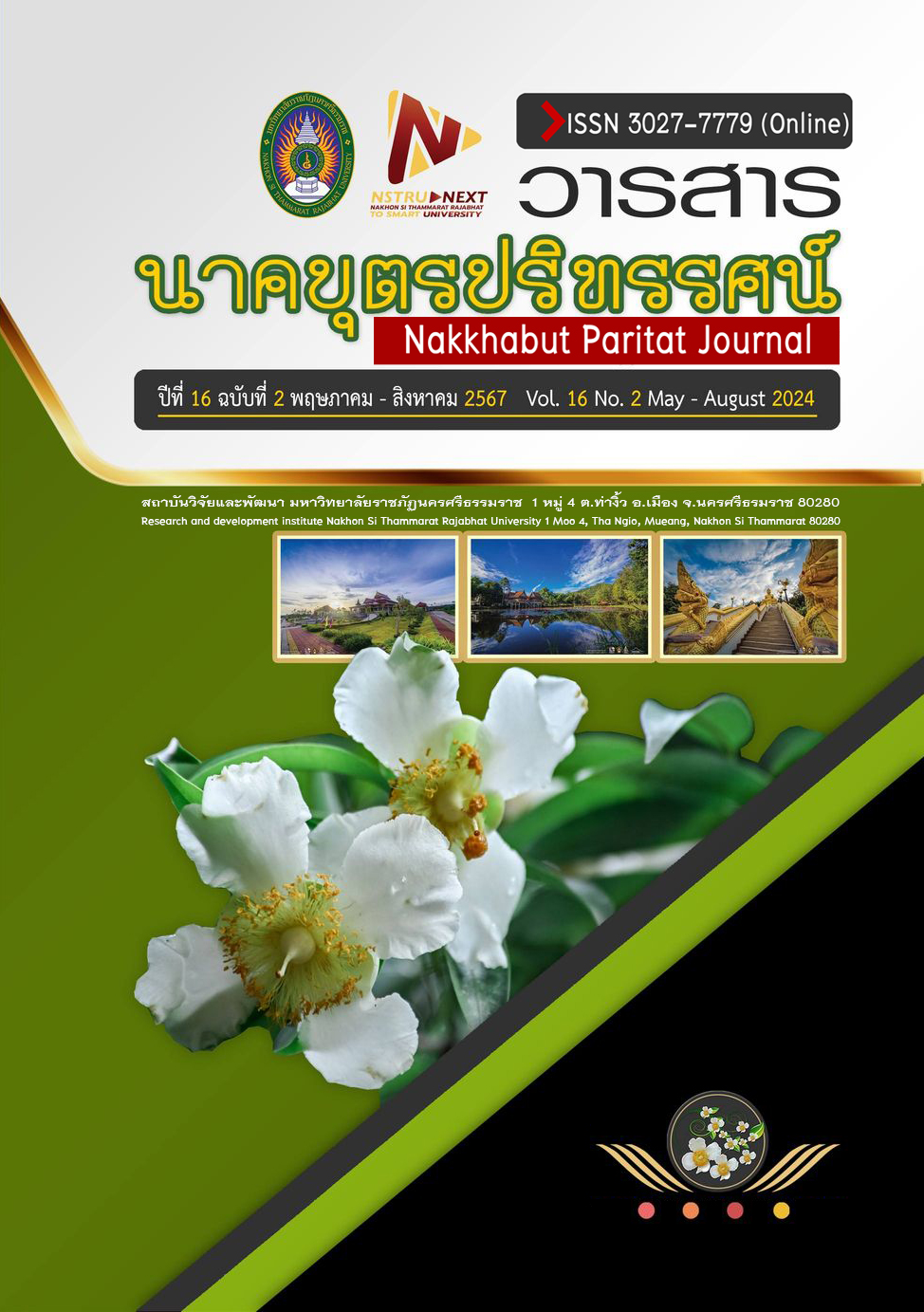ผลกระทบของการจัดการบุคลากรความสามารถสูงและบุพปัจจัย ต่อขีดความสามารถในการแข่งขันขององค์การธุรกิจให้บริการโลจิสติกส๋ไทย
Main Article Content
บทคัดย่อ
การวิจัยครั้งนี้มีวัตถุประสงค์ เพื่อ1) ศึกษาผลกระทบของการฝึกอบรมและพัฒนาต่อการรับรู้ความสามารถในตนเองต่อคุณภาพชีวิตในการทำงาน และต่อการจัดการบุคลากรความสามารถสูง 2) ศึกษาผลกระทบของการรับรู้ความสามารถในตนเองต่อคุณภาพชีวิตในการทำงาน และต่อการจัดการบุคลากรความสามารถสูง 3) ศึกษาผลกระทบของคุณภาพชีวิตในการทำงานต่อการจัดการบุคลากรความสามารถสูงและต่อขีดความสามารถในการแข่งขัน 4) ศึกษาผลกระทบของการจัดการบุคลากรความสามารถสูงต่อขีดความสามารถในการแข่งขันขององค์การ การวิจัยครั้งนี้เป็นการวิจัยแบบผสมผสานวิธี โดยข้อมูลเชิงคุณภาพใช้การสัมภาษณ์เชิงลึก จากผู้บริหาร เจ้าของกิจการ และผู้จัดการ จำนวน 6 ท่าน ส่วนข้อมูลเชิงปริมาณเก็บรวบรวมข้อมูลด้วยแบบสอบถามจากองค์การธุรกิจให้บริการโลจิสติกส์ไทย จำนวน 593 ราย วิเคราะห์ตัวแบบจำลองสมการโครงสร้างด้วยโปรแกรมสำเร็จรูปทางคอมพิวเตอร์
ผลการวิจัยพบว่า 1) การฝึกอบรมและพัฒนามีผลกระทบทางบวกต่อการรับรู้ความสามารถในตนเองต่อคุณภาพชีวิตในการทำงานแต่ไม่มีผลกระทบทางตรงต่อการจัดการบุคลากรความสามารถสูง 2) การรับรู้ความสามารถในตนเองมีผลกระทบทางบวกต่อคุณภาพชีวิตในการทำงานและต่อการจัดการบุคลากรความสามารถสูง 3) คุณภาพชีวิตในการทำงานมีผลกระทบทางบวกต่อการจัดการบุคลากรความสามารถสูงและต่อขีดความสามารถในการแข่งขัน 4) การจัดการบุคลากรความสามารถสูงมีผลกระทบทางบวกต่อขีดความสามารถในการแข่งขัน
Article Details

อนุญาตภายใต้เงื่อนไข Creative Commons Attribution-NonCommercial-NoDerivatives 4.0 International License.
เอกสารอ้างอิง
Arasanmi, C. N., & Krishna, A. (2019). Employer branding: perceived organisational support and employee retention-the mediating role of organisational commitment. Industrial and Commercial Training, 51(3), 174-183.
Arhelo, B. (2017). Capacity building for tourism and logistics : redefining the role of human resources. Worldwide Hospitality and Tourism Thomas, 9(1), 95-104.
Comrey, A. L., & Lee, H. B. (1992). A first course in factor analysis (2nd ed.). Hillsdale, NJ: Lawrence Erlbaum Associated.
Eid, R., Zaabi, A., Alzahmi, R., & Elsantil, Y. (2019). Integrating internal branding antecedents, customer and job satisfaction in the public sector. International Journal of Organizational Analysis, 27(5), 1480-1503.
Garavan, T., McCarthy, A., & Carbery, R. (2019) Handbook of International Human Resource Development Context, Processes and People. United Kingdom: Edward Elgar Publishing Limited.
Gbadamosi, G., Evans, C., Richardson, M., & Chanthana, Y. (2018). Understanding self-efficacy
and the dynamics of part-time work and career aspiration. Higher Education, Skills and Work-Based Learning, 9(3), 468-484.
Grant, D. B., Trautrims, A., & Wong, C. (2017).Sustainable Logistics and Supply Chian Management. United Kingdom: Ashford Colour Press Ltd.
Hutahayan, B. (2019). The mediating role of human capital and management accounting information system in the relationship between innovation strategy and internal process performance and the impact on corporate financial performance. Benchmarking: An International Journal, 27(4), 1299-1318.
Itam, U., Misra, S., & Anjum, H. (2020). HRD indicators and branding practices: a viewpoint on the employer brand building process. European Journal of Training and Development, 44(6), 675-694.
Luna-Arocas, R., Valle, I. & J.Lara, F. (2020). Employee Relations. The International Journal, 42 (4), 863-881.
Lyons, P. R., & Bandura, R. P. (2017). Apprehending mindsets in employee development. Human Resource Management International Digest, 25(3), 4-7.
Martin, L. (2019). Leading Practices to Upskill HRBPs as Ambassadors for People Analytics. Workforce Solutions Review, 24-27.
Novack., Gibson., Suzuki., & Coyle. (2018). Transportation A Global Supply Chain Perspective. USA: Cengage South-Western.
Overstreet, R. E., Skipper, J. B., Huscroft, J. R., Cherry, M. J., & Cooper, A. L., (2019). Multi-study analysis of learning culture, human capital and operational performance in supply chain management, The moderating role of workforce level. Journal of Defense Analysis and Logistics, 3(1) , 41-59.
Santos, S. C., & Liguori, E. W. (2020). Entrepreneurial self-efficacy and intentions Outcome expectations as mediator and subjective norms as moderator. International Journal of Entrepreneurial Behavior & Research, 26(3), 400-415.


